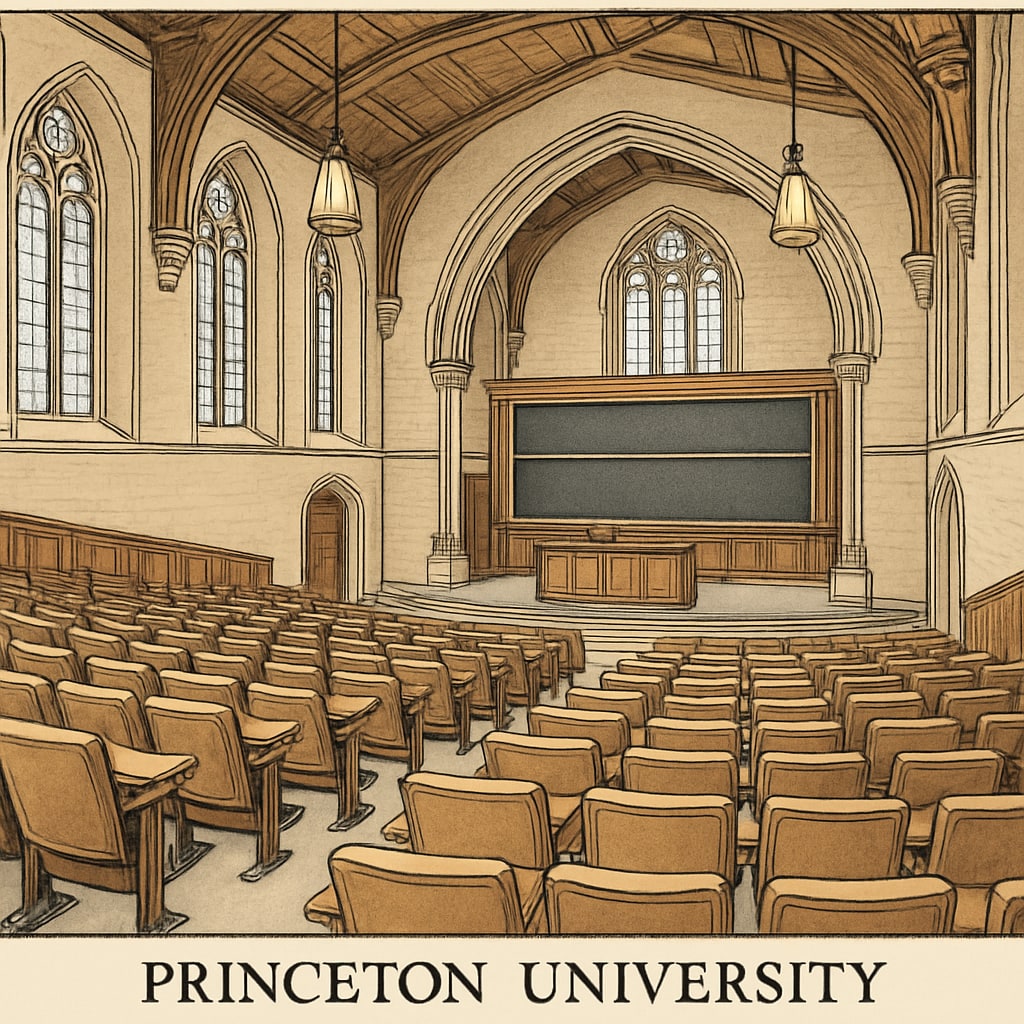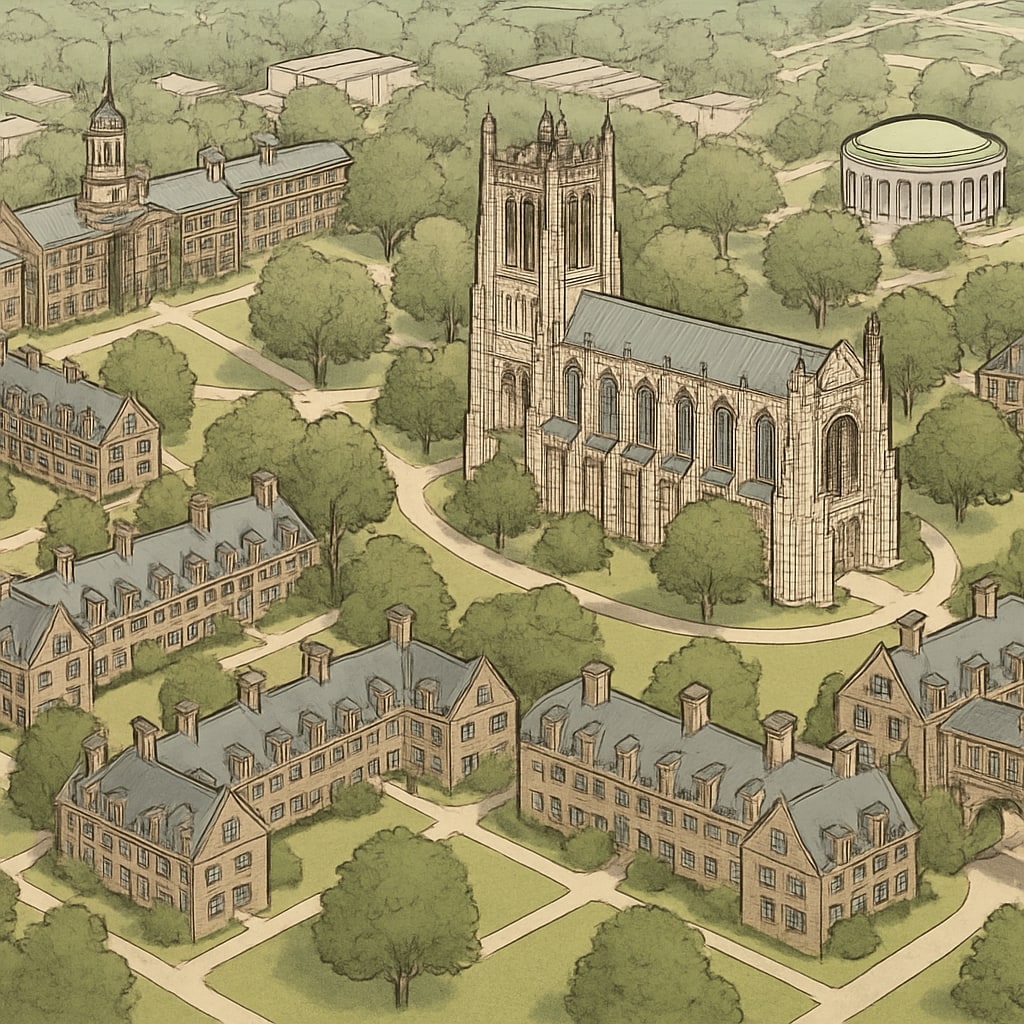Princeton University, along with its fellow Ivy League institutions, has long been regarded as the pinnacle of academic achievement and prestige. However, this near-universal admiration raises the question: is our reverence for these schools truly justified? Are Ivy League universities, particularly Princeton, being overvalued in today’s rapidly evolving educational landscape? This article dives into the myth of Ivy League superiority, examining whether these institutions are living up to their hallowed reputations or riding on historical prestige.
Are Ivy League Schools Still Relevant in Modern Education?
The Ivy League, a consortium of eight elite universities in the northeastern United States, is synonymous with privilege, exclusivity, and excellence. Princeton, often ranked at the top of these institutions, boasts a long history of producing influential leaders, Nobel laureates, and cultural icons. But does this historical significance translate to modern relevance?
On one hand, Ivy League schools have undeniably contributed to significant advancements in science, technology, and the arts. Their alumni networks are powerful, their resources vast, and their faculty distinguished. However, critics argue that these schools have become more about maintaining exclusivity than fostering innovation. For example, their admissions processes have come under fire for favoring legacy applicants and wealthy families, raising questions about fairness and equity. In an era where access to quality education is more democratized through online platforms and state universities, one wonders if the Ivy League still deserves its pedestal.

Princeton’s Prestige: Substance or Symbolism?
Princeton University epitomizes the Ivy League mystique. With its idyllic campus, renowned faculty, and small undergraduate classes, it represents a vision of higher education that many parents and students dream of. Yet, a deeper analysis reveals that this prestige might be more about symbolism than substance.
For example, Princeton’s endowment per student is among the highest in the world, allowing the university to offer generous financial aid and unparalleled resources. But does this wealth translate into better outcomes for students? Studies suggest that while Princeton graduates excel in traditional metrics like income and employment, these results are more tightly tied to pre-existing advantages, such as socioeconomic background, than the education itself. In other words, Princeton’s prestige may amplify opportunities for those already positioned to succeed rather than create new opportunities for underrepresented groups.
Moreover, the focus on elite schools like Princeton often detracts from the broader question of educational equity. Should society continue to pour resources and admiration into institutions that serve a disproportionately small and privileged segment of the population?

Rethinking the Purpose of Higher Education
Given these concerns, it is worth asking what the true purpose of higher education should be. Is it to maintain an elite class of institutions that confer social status, or to provide accessible, transformative learning experiences for all? Increasingly, educators and policymakers are questioning the outsized focus on Ivy League schools and advocating for a more holistic approach to evaluating universities.
For instance, state universities and liberal arts colleges often deliver education that rivals or even surpasses the Ivy League in terms of student satisfaction and teaching quality. These institutions also tend to have more diverse student bodies and a stronger commitment to public service. While they may lack the brand recognition of Princeton, they are arguably more aligned with the broader goals of a democratic society.
Additionally, the rise of online education platforms like Coursera and edX has further democratized access to world-class learning. These platforms challenge the traditional university model by making high-quality courses available to anyone with an internet connection, irrespective of their background or financial means.
Conclusion: Time to Look Beyond the Ivy League
The Ivy League, and Princeton in particular, will likely remain symbols of academic excellence for the foreseeable future. However, it is essential to recognize that their value lies as much in perception as in reality. By critically evaluating these institutions, we can begin to shift the conversation toward a more inclusive and equitable vision of education—one that prioritizes substance over symbolism.
In the end, the question is not whether Princeton deserves its reputation, but whether society benefits from continuing to idolize institutions that serve such a narrow slice of the population. By broadening our understanding of what constitutes a “great” education, we can better serve the diverse needs of students in the 21st century.
Readability guidance: This article uses short paragraphs, clear transitions, and key examples to ensure accessibility. Lists and images provide additional context for readers to engage more deeply with the subject matter.


